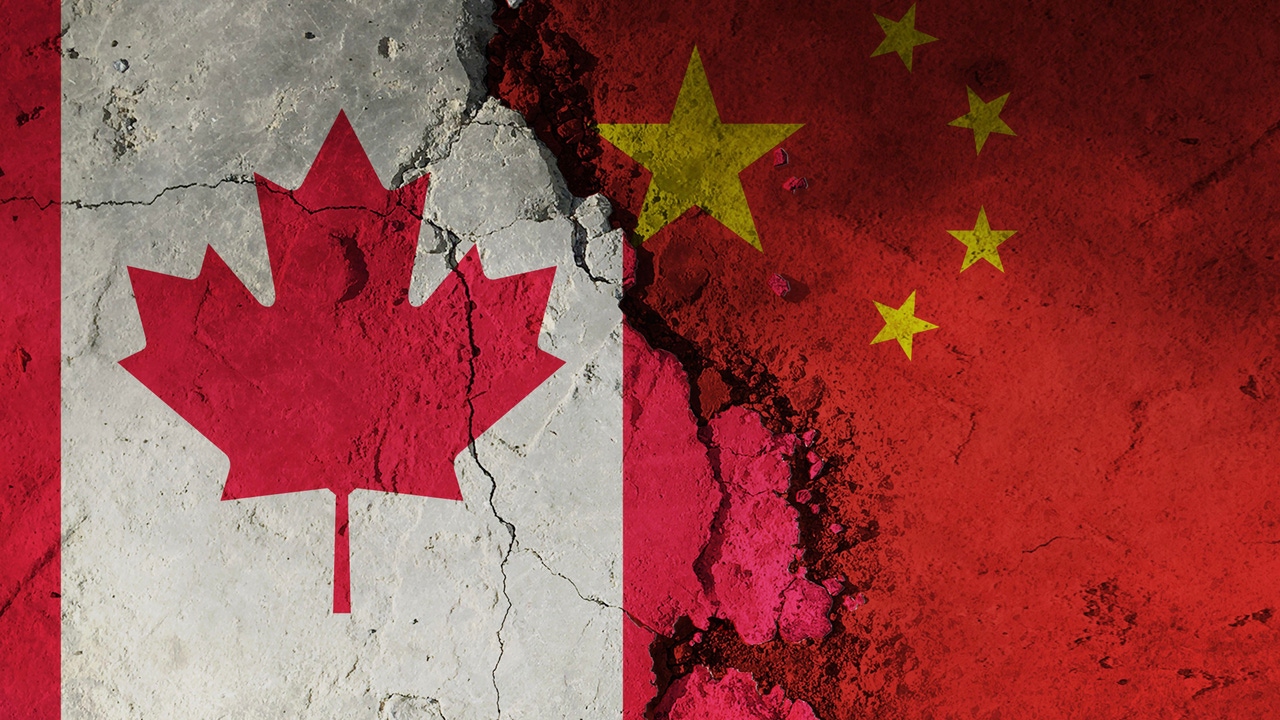
Source: tunasalmon via Alamy Stock Photo
Chinese state-backed actors have become Canada's most pressing cyber threat, with the People's Republic of China (PRC) collecting data from Canada's government networks for the past five years.
The Canadian Centre for Cyber Security's National Cyber Threat Assessment calls Beijing's cyber operations "second to none," and noted that at least 20 Canadian government agencies and departments have been breached by PRC state-backed actors. The cyberattackers are mainly attempting to gain information that could lead to strategic, economic, and diplomatic advantages — a play that has only grown in its intensity due to escalating tensions between the West and the PRC.
The center assured the public that the federal government networks that were compromised have since been resolved, but it warned that the threat actors who are responsible for the intrusions are now very familiar with these networks, and could be back to try again. It also stressed that the PRC's aggressive cyber campaigns represent some of the most sophisticated and active threats Canada is facing.
On a related note, the center's researchers also found that the cyber landscape around critical infrastructure in Canada is growing and becoming more complex and unpredictable, with a cast of a variety of threat actors from cybercriminals to hacktivists targeting the sector.
"We assess that our adversaries very likely consider civilian critical infrastructure to be a legitimate target for cyber sabotage in the event of a military conflict," reads their report.
Other key findings include adversaries using network attacks and online information campaigns to disrupt and shape public opinion, and the center flagged ransomware as the top cybercrime threat that Canada's critical infrastructure must grapple with.
 3 months ago
25
3 months ago
25
